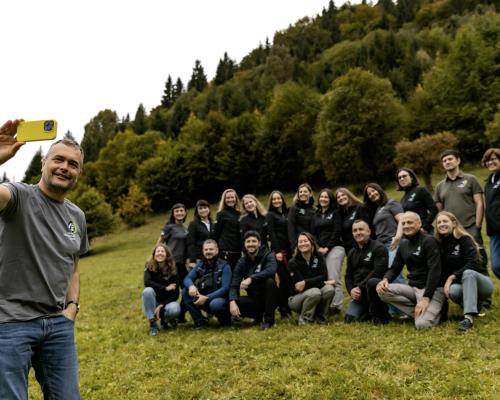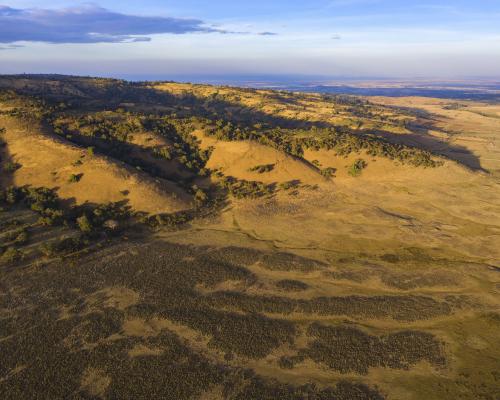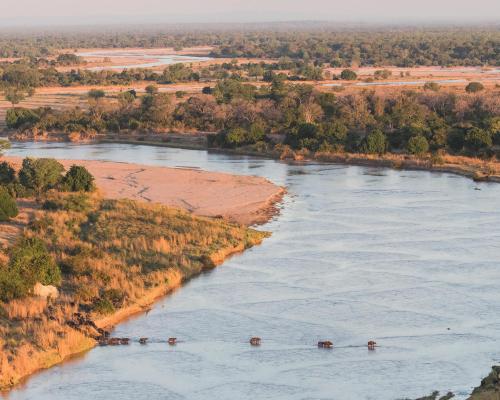When education is interrupted, communities lose future leaders—and conservation loses future stewards. In Zambia’s North Luangwa landscape, a new FZS initiative is changing that dynamic by keeping girls in school and challenging the social barriers that hold them back.
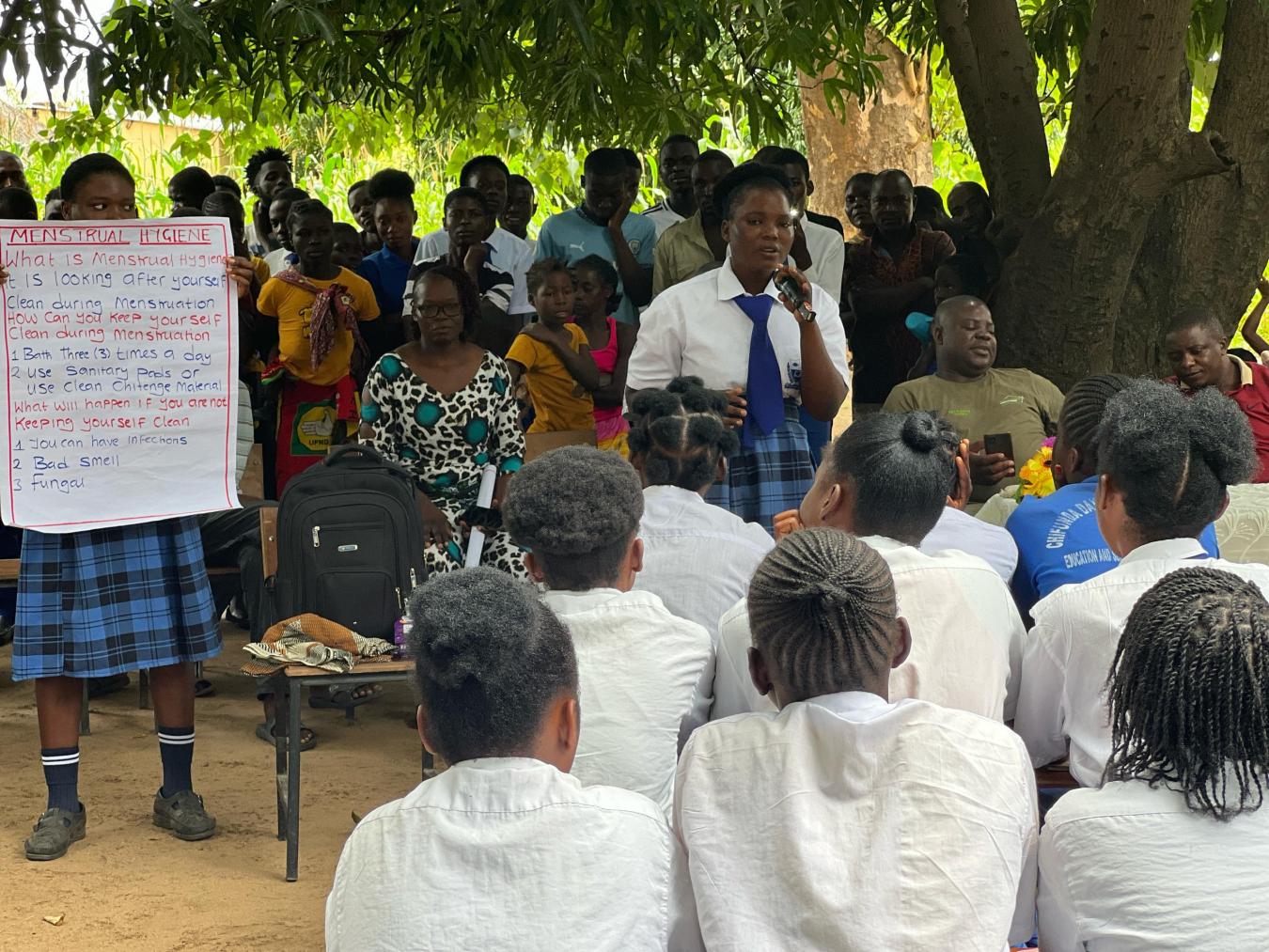
Voices of Change: Youth Driving Education and Girls’ Health in Zambia
At Chifunda Day Secondary School, located in the heart of Chifunda Chiefdom within Zambia’s North Luangwa Conservation Programme (NLCP) landscape, students recently took to the stage with poems, songs, and drama to address issues that shape their daily lives: girls’ education, menstrual health, and the right to remain in class.
This performance launched the Menstrual Mentorship Programme—an FZS‑NLCP initiative supported by the Light Foundation—showing how empowering young people in these buffer communities also strengthens the long‑term foundations of conservation.
Chifunda is one of several communities bordering North Luangwa National Park where FZS works closely with traditional leadership, schools, and local committees to link conservation with sustainable livelihoods and education.
Education must come first, because long term prosperity begins in the classroom.
The programme goes further than information-sharing. It seeks to shift deep rooted beliefs and remove barriers that keep girls from learning. By using creative expression, learners opened conversations that are rarely voiced—calling for change in their own words and on their own stage.
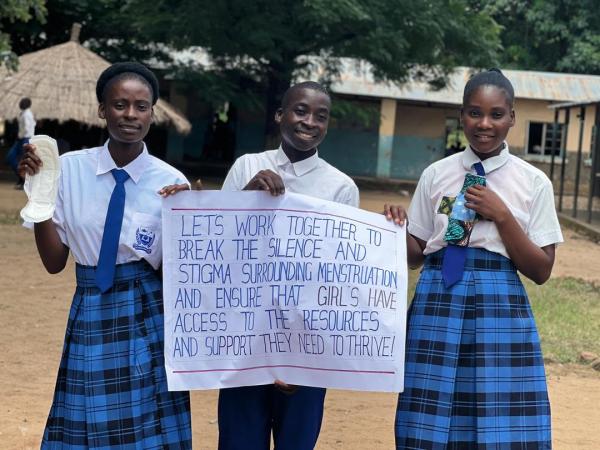
Education underpins both individual empowerment and sustainable community development. In rural areas like North Luangwa, dropout rates—especially for girls—remain high. Cultural taboos, early marriage, period poverty, and household duties often interrupt learning. Boys face their own challenges, including pressure to earn income and exposure to alcohol and drugs.
The Menstrual Mentorship Programme tackles these issues head on. It provides accurate information, safe spaces for discussion, and practical tools like reusable sanitary pads. Equally important, it helps shift harmful norms so that both girls and boys understand: menstruation is natural and should never end a girl’s education.
One student poem spoke plainly:
- Girls seen only as future wives
- Silence around sexual abuse
- Boys leaving school because of addiction
- School based abuse forcing girls to drop out
The performance ended with a clear call:
“We must unite and fight together to overcome.”
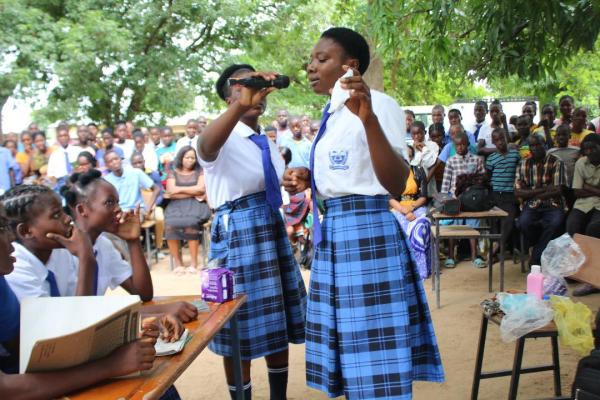
The school’s Safe Club presented a sketch on menstrual hygiene, breaking taboos and educating peers and parents. Learners demonstrated sanitary products—including washable pads and chitenge cloth—reinforcing the message that periods must not keep girls out of class.
Art became a bridge for dialogue, carrying messages that statistics alone cannot.
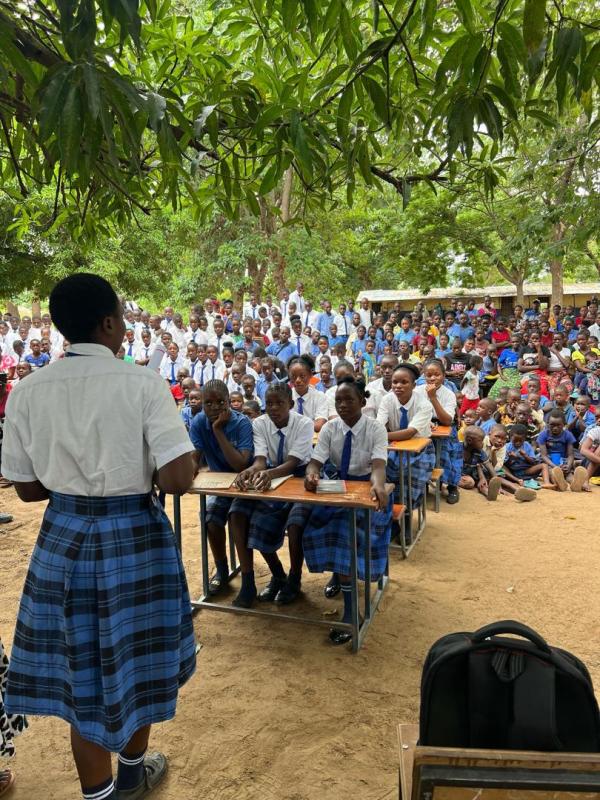
For FZS, investing in the next generation is core to protecting biodiversity. When children—especially girls—stay in school, they are more likely to become informed decision makers who safeguard their natural heritage and strengthen their communities. Education is not only a human right; it is a foundation for conservation resilience.
What happened at Chifunda Day Secondary School was more than a performance. The youth of North Luangwa is ready to lead, speak up, and build a future where education is prioritized, menstrual health is normalized, and every child—regardless of gender—has the chance to grow.






